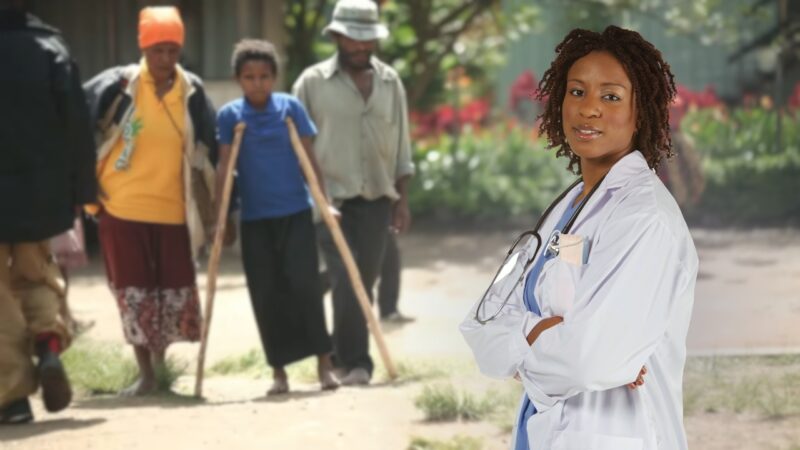Medical missions are an essential part of global health initiatives, providing much-needed healthcare services to underserved communities around the world. These missions require a diverse team of healthcare professionals, each with their own unique set of skills and specialties.
Today we will explore some of the best specialties for these missions, providing valuable insights for those considering this rewarding career path. We will explore the roles and values of each specialty, shedding light on how they contribute to the success of medical missions.
5 Best Specialties for Medical Missions
1. General Practice
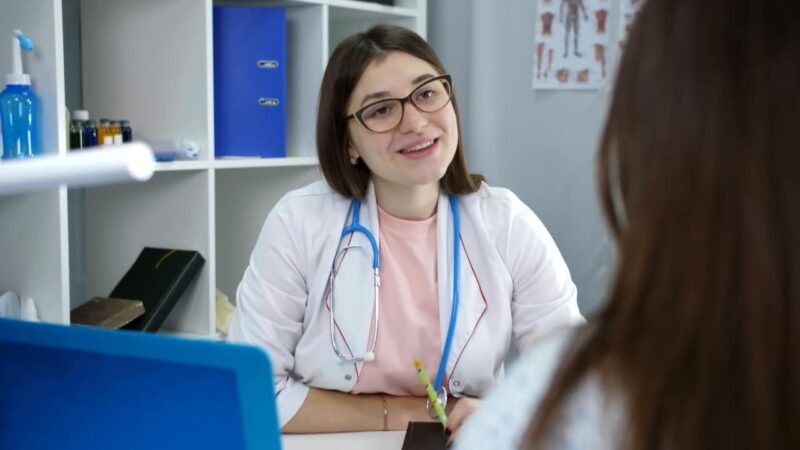
General Practice is a multifaceted specialty that holds immense value in the realm of medical missions. General practitioners, often referred to as GPs, possess a wide array of skills that enable them to diagnose and treat a comprehensive range of medical conditions.
This versatility is particularly beneficial when addressing the diverse health challenges that are commonly encountered in underserved and remote areas.
GPs are often the first point of contact for patients, providing primary and continuing medical care. They are adept at dealing with health problems in people of all ages, from infants to the elderly, and across all genders.
This broad patient base requires them to have a deep understanding of numerous diseases and their treatments, from common ailments like the flu and hypertension to more complex conditions such as diabetes and heart disease.
Their training equips them with the ability to interpret symptoms from various body systems, enabling them to make accurate diagnoses. They can then devise appropriate treatment plans, which may involve prescribing medication, recommending lifestyle changes, or referring patients to specialist care if necessary.
The Role of GPs in Medical Missions
GPs are often the first point of contact for patients. They are skilled in diagnosing a wide range of conditions, from common illnesses like the flu and bacterial infections to more complex diseases such as diabetes and heart disease.
In a medical mission setting, GPs can provide primary care services, conduct health screenings, and manage chronic conditions. Their broad skill set allows them to adapt to the diverse health needs of the community. They can treat patients of all ages, from infants to the elderly, making them a versatile asset to any medical mission team.
The Value of General Practice
The value of general practice in medical missions cannot be overstated. GPs can handle most health issues, reducing the need for specialist referrals. This is particularly important in underserved areas where specialist care may be inaccessible.
Furthermore, GPs can provide continuous care, building long-term relationships with patients and communities. They can monitor patients’ health over time, manage chronic conditions, and provide preventive care. This continuity of care can lead to better health outcomes and improved quality of life for patients.
2. Pediatrics
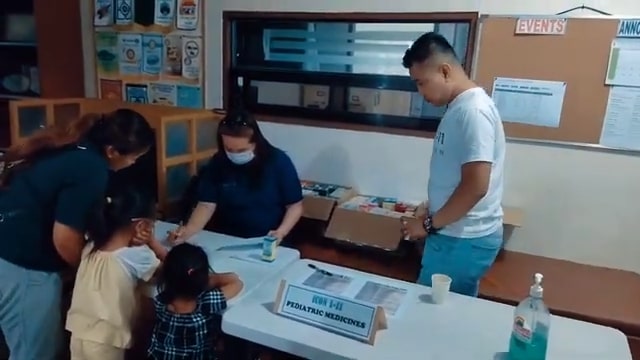
Pediatricians specialize in the health of children, from newborns to adolescents. In many underserved communities, children are particularly vulnerable to health issues, making pediatric care essential.
Children may be affected by a variety of health problems, including malnutrition, infectious diseases, and developmental disorders.
The Role of Pediatricians in Medical Missions
Pediatricians play a critical role in medical missions. They provide medical care for children, conduct health screenings, and administer vaccinations. They also monitor growth and development, ensuring children reach their full potential.
Also, pediatricians can provide education on child health and nutrition, empowering communities to improve their children’s health. They can also identify and manage common childhood diseases and conditions, and provide immunizations to prevent serious illnesses.
The Value of Pediatrics
The value of pediatrics in medical missions is immense. Children are the future of their communities, and ensuring their health is a vital investment. Pediatricians not only provide immediate healthcare but also contribute to the long-term health and development of the community.
Their work can have a lasting impact, changing the trajectory of children’s lives. By providing early intervention and preventive care, pediatricians can help children grow into healthy adults, thereby contributing to the overall health and well-being of the community.
3. Obstetrics and Gynecology

Obstetrics and Gynecology (OB/GYN) is a specialty that focuses on women’s health, particularly reproductive health. This specialty is of great importance in medical missions, as women in underserved areas often lack access to essential reproductive health services.
Women’s health is a critical component of community health, and OB/GYN specialists can provide the necessary care to improve maternal and reproductive health outcomes.
The Role of OB/GYNs in Medical Missions
OB/GYNs provide a range of services in medical missions, including prenatal care, childbirth services, and postnatal care. They also provide gynecological care, including cervical cancer screenings and family planning services.
In addition, OB/GYNs can provide education on reproductive health, helping women make informed decisions about their health. They can address a variety of women’s health issues, from pregnancy and childbirth to gynecological conditions like endometriosis and ovarian cysts.
The Value of Obstetrics and Gynecology
Access to reproductive health services is a fundamental right, and OB/GYNs play a key role in ensuring this right is upheld. Their work can reduce maternal and infant mortality rates, improve women’s health, and empower women through education.
By providing access to quality reproductive health services, OB/GYNs can contribute to healthier families and stronger communities.
4. Surgery
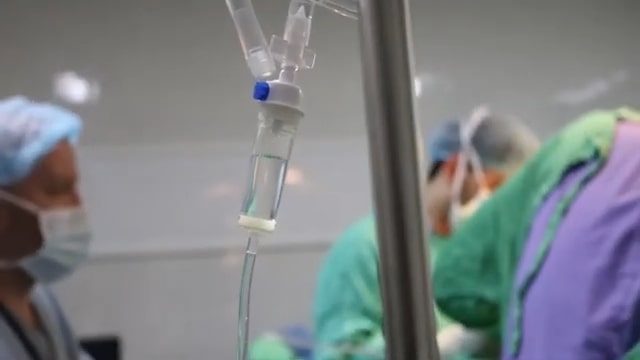
Surgery is a critical specialty in medical missions. Many underserved communities lack access to surgical services, leading to high rates of disability and death from treatable conditions. Surgeons in medical missions can address this gap, providing life-saving and life-changing interventions.
From repairing injuries to removing tumors, surgeons have the skills and knowledge to treat a variety of health conditions.
The Role of Surgeons in Medical Missions
Surgeons in medical missions perform a range of procedures, from minor surgeries to major operations. They can treat injuries, remove tumors, perform cataract surgeries, and more. In addition, surgeons can provide training to local healthcare workers, helping to build surgical capacity in the community.
They can also work alongside other healthcare professionals to provide comprehensive care to patients.
The Value of Surgery
The value of surgery in medical missions is profound. Surgical interventions can save lives, prevent disability, and improve quality of life. Furthermore, building surgical capacity can have a lasting impact, enabling communities to provide surgical care long after the mission has ended.
Surgeons can help reduce health disparities and improve health outcomes in underserved communities.
5. Public Health
Public Health is a specialty that focuses on improving the health of communities. Public health professionals play a vital role in medical missions, working to prevent disease and promote health at a population level.
They work not only on the front lines of disease prevention and control but also behind the scenes, implementing policies and programs that have a broad impact on community health.
The Role of Public Health Professionals in Medical Missions
Public health professionals conduct disease surveillance, implement disease prevention strategies, and promote health behaviors. They can also work with communities to address social determinants of health, such as water and sanitation, nutrition, and education.
They can implement programs to control the spread of infectious diseases, promote vaccination, improve nutrition, and enhance access to clean water and sanitation.
The Value of Public Health
The value of public health in medical missions is immense. By working at a population level, public health professionals can have a broad impact, improving health outcomes for entire communities.
Their work in disease prevention and health promotion can also have long-term benefits, contributing to sustainable improvements in community health. By addressing the root causes of health issues, public health professionals can help create healthier environments and healthier communities.
Key Factors to Consider
The choice of specialties for medical missions can be influenced by several factors:
| Factor | Description |
|---|---|
| Healthcare Needs of the Community | The healthcare needs of the community or region being served can greatly influence the choice of specialties for medical missions. Some communities might have a high prevalence of certain diseases that require specific medical specialties. |
| Availability of Local Healthcare Services | The existing healthcare infrastructure and services in the area can also influence the choice of specialties. If certain medical services are lacking or inadequate, missions involving those specialties can be particularly beneficial. |
| Skills and Expertise of the Volunteers | The skills, expertise, and interests of the medical volunteers participating in the mission can also dictate the specialties involved. |
| Cultural and Social Factors | Cultural and social factors can also play a role. Certain communities might have specific health issues related to their cultural practices or social conditions, necessitating missions involving relevant specialties. |
| Resources and Logistics | The resources available for the mission, including funding, equipment, and logistics, can influence the choice of specialties. Some medical specialties require more resources and complex equipment than others, which might not be feasible for all missions. |
| Emergency and Disaster Response | In cases of emergencies or natural disasters, the immediate healthcare needs will dictate the specialties involved. This could include trauma surgeons, emergency medicine specialists, and mental health professionals. |
FAQs
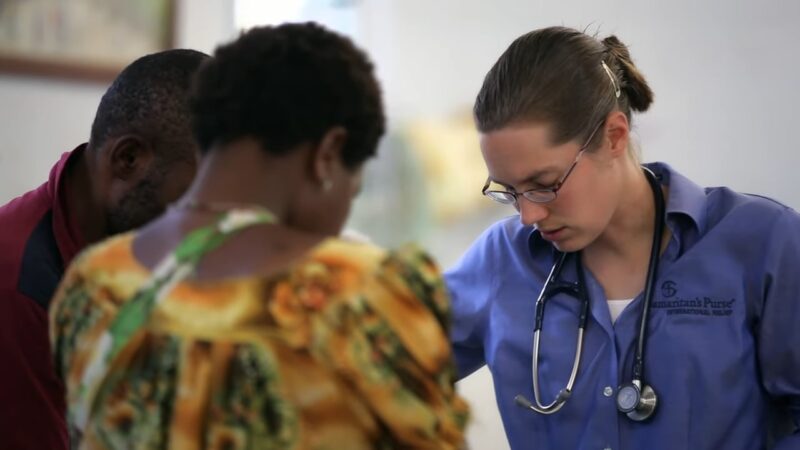
What Are the Benefits of Participating in Such Expeditions?
Benefits include gaining unique clinical experience, exposure to different cultures and healthcare systems, personal growth, and the satisfaction of helping underserved populations.
Learn about the detailed process to join a medical mission by following the comprehensive step-by-step guide for 2023.
Are There Online Training Programs for These Missions?
Yes, some organizations offer online training programs to prepare healthcare professionals and students for the unique challenges of medical missions.
Can Non-Medical Volunteers Participate?
Yes, non-medical volunteers can often assist with logistics, administration, and other non-clinical tasks.
Are There Missions that Focus on Research?
Yes, some of them may also involve conducting research, such as studying the prevalence of certain diseases or the effectiveness of certain treatments in the population.
Do These Exist in The United States?
Yes, there are medical missions that operate within the United States, often focusing on providing care to underserved populations in rural or impoverished areas.
Learn about ten exceptional medical mission trips in 2023 and 2024 that have made a significant impact and created a difference in global health.
Final Thoughts
In conclusion, the best specialties for medical missions are those that can address the diverse health needs of underserved communities. Whether it’s providing primary care, treating children, ensuring women’s health, performing surgeries, or improving community health, each specialty has a unique and vital role to play.
All you have to do is choose a specialty that aligns with your skills and passions, and you can make a meaningful contribution to global health.
